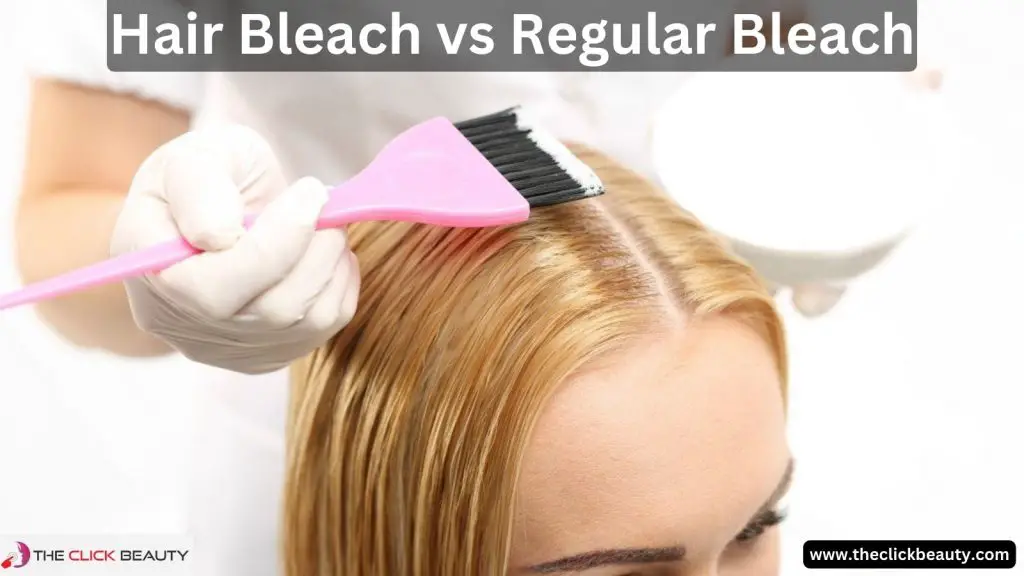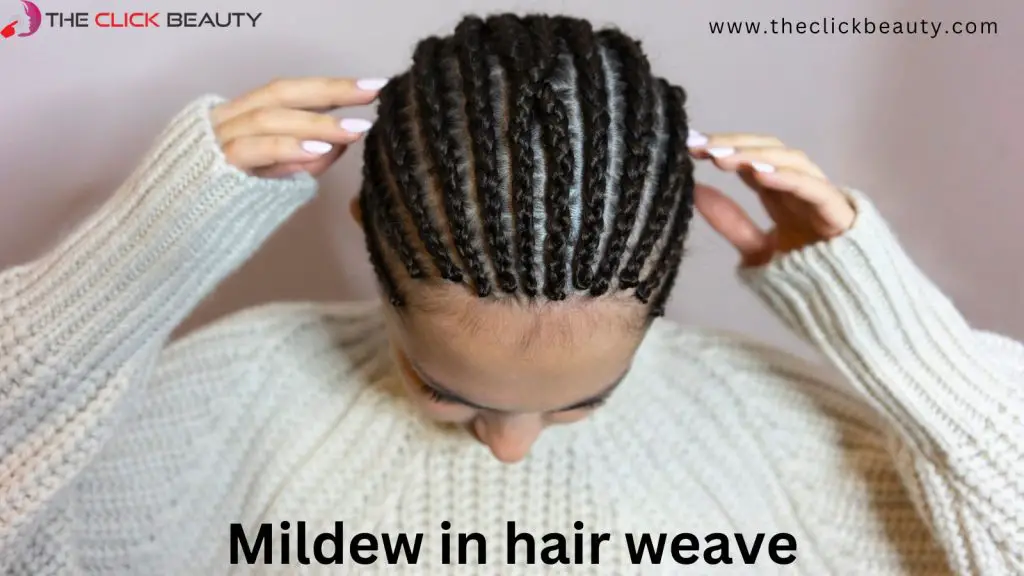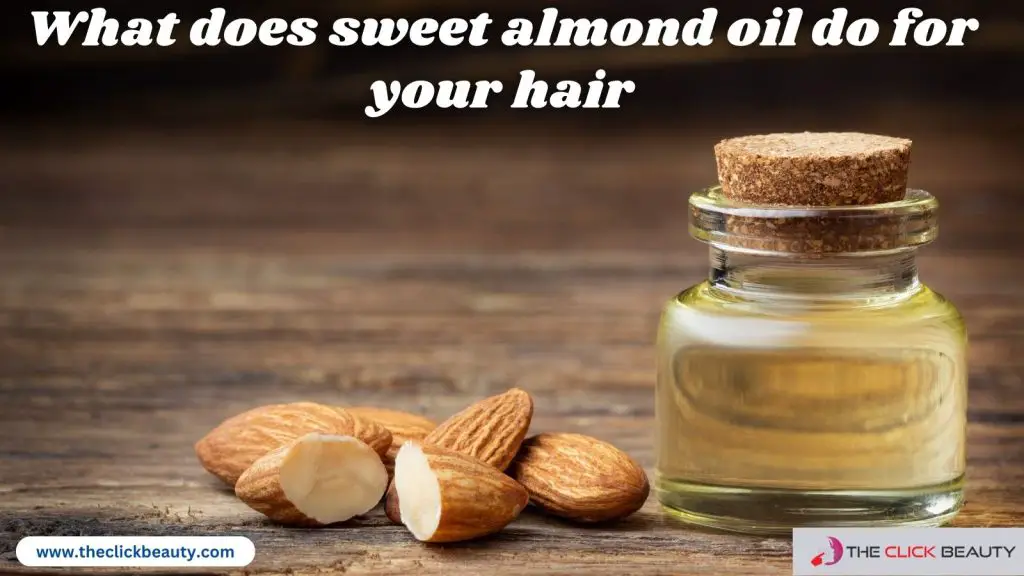Before deciding to change your hair color, take into consideration the option of using bleach. However, were you aware that there exist two variations of bleach for purchase? Regular bleach is used to clean surfaces and fabrics, while hair bleach is specifically designed for use on the hair.
Discover the key contrasts between hair bleach and regular bleach to choose the best option for you.
Highlight
- There are two types of bleach available- regular and hair
- The most important difference between the two is the toxicity level, with regular being harsher
- Hair bleach is less damaging to the skin and other surfaces as it is formulated to be gentler
- Application process for each also differs- hair must be mixed with the developer while regular does not
- Results achieved by using each type also vary greatly depending on precision, control, and damage done
Hair Bleach vs Regular Bleach -Toxicity Levels
The toxicity level is the most crucial difference between hair bleach and regular bleach. Hair bleach has been specially formulated to be less harsh than regular bleach, making it a safer option for use on the hair.
On the other hand, regular bleaches contain higher levels of chlorine and other harsh chemicals. Applying it to the scalp or nearby skin can lead to skin irritation or allergic reactions.
Application Process
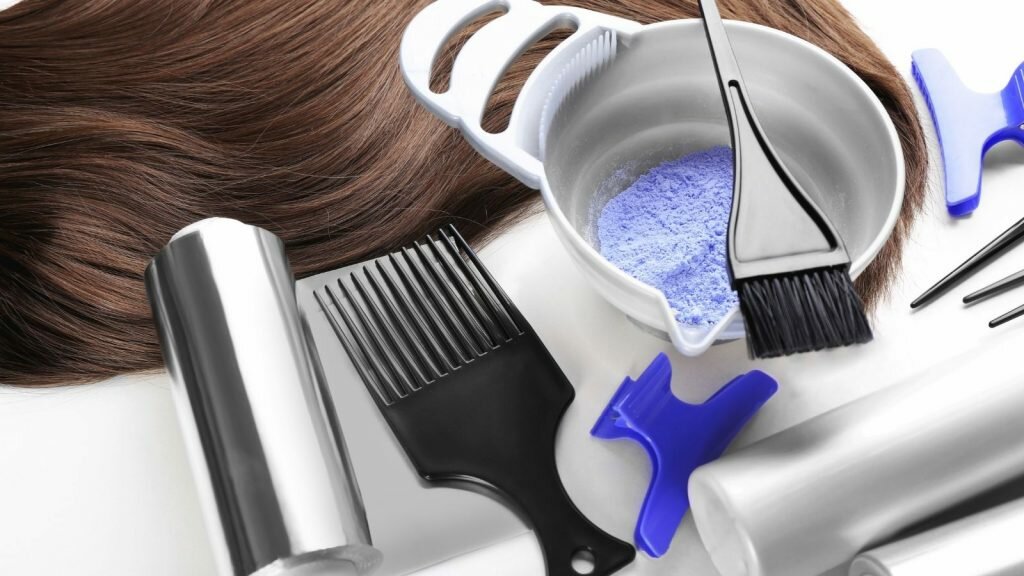
The way you apply these two bleaches also differs significantly. Hair bleaches must be mixed with the developer—a peroxide solution—to activate their lightening properties.
In contrast, regular bleaches don’t require a developer; they activate upon contact with water or air to achieve their desired effect.
It means that if you’re using regular bleach on your hair, it won’t lighten as much as it would if you were using hair bleach and developer together.
Results
The effectiveness of these two different bleaches will yield widely contrasting results. Due to their reduced toxicity levels and compatibility with developers, hair bleaches yield more uniform outcomes.
On the other hand, because regular bleaches contain harsher chemicals and don’t require developers to activate, they can often produce more unpredictable results with little control over how much your hair will lighten or how quickly it will happen.
Pros and Cons of Hair bleach vs regular bleach
If you’re asking yourself which type is better for your strands or where each should be applied – don’t worry! You’re in the right spot.
In this article, we will explore the pros and cons of using both forms of bleaching agents so that you can make an informed decision before undertaking any bleaching process.
Pros of Hair Bleach:
- Gives hair a lighter color without damaging it.
- Allows for more precision with highlights or bleaching specific areas.
- Easier to use than regular bleach since it is designed specifically for the scalp and hair shaft.
- Less damaging than regular bleach on the skin and other surfaces, as it is formulated to be gentler on delicate areas.
- Hair bleach usually has conditioners added to help protect the strands from becoming dry or brittle after bleaching.
Cons of Hair Bleach:
- Can still cause discoloration or damage if left in too long or not used correctly.
- It Can be more expensive than regular bleach, depending on the brand and type of product purchased.
- Not suitable for all types of hair, such as curly and kinky textures, which require special formulas specifically designed for them instead of hair bleach products meant for straight hair only.
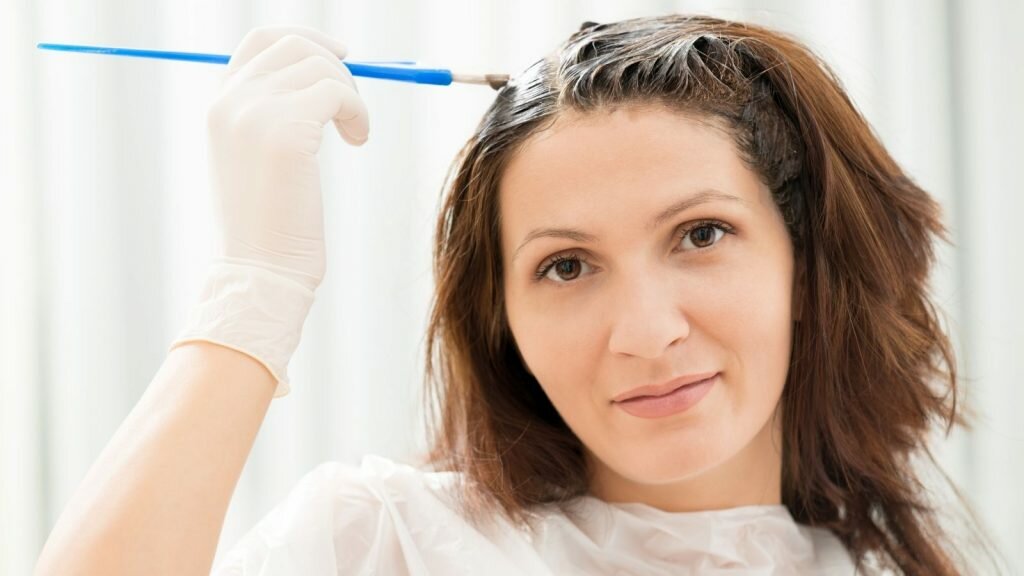
Pros of Regular Bleach:
- Regular bleach is an effective disinfectant and kills harmful bacteria.
- It is a powerful cleaner that can be used to remove tough stains.
- It is cheaper than other cleaning products.
- It can be used on many surfaces, including hardwood floors and fabrics.
- Most stores and online retailers have it readily available.
Cons of Regular Bleach:
- Regular bleach can cause skin irritation if not handled properly, so gloves should be worn.
- Excessive use can harm specific surfaces or fabrics due to its strong properties.
- Bleach fumes are unpleasant and potentially hazardous in confined spaces, such as bathrooms or kitchens, with little ventilation.
- Mixed with other cleaning products can create dangerous chemical reactions that release toxic fumes into the air or release corrosive liquids onto surfaces or fabrics, which could lead to permanent damage.
When deciding between hair bleach and regular bleach for your next dye job, there are important factors to weigh before choosing.
Hair bleaches offer a safer option due to their lower toxicity levels and predictable results when mixed with a developer; however, if used with a developer, they may produce less dramatic an effect than regular bleaching agents would have done.
In the end, the choice of bleach that suits your needs is yours to make!
Does hair bleach contain actual bleach?
Professional hair bleaching products often contain chlorine bleach for added lightning power, but most at-home varieties will not include these ingredients.
If you’re concerned about using an ingredient that may be too harsh for your hair, read product labels carefully, so you are aware of what types of chemicals are being used.
What happens if you put regular bleach in your hair?
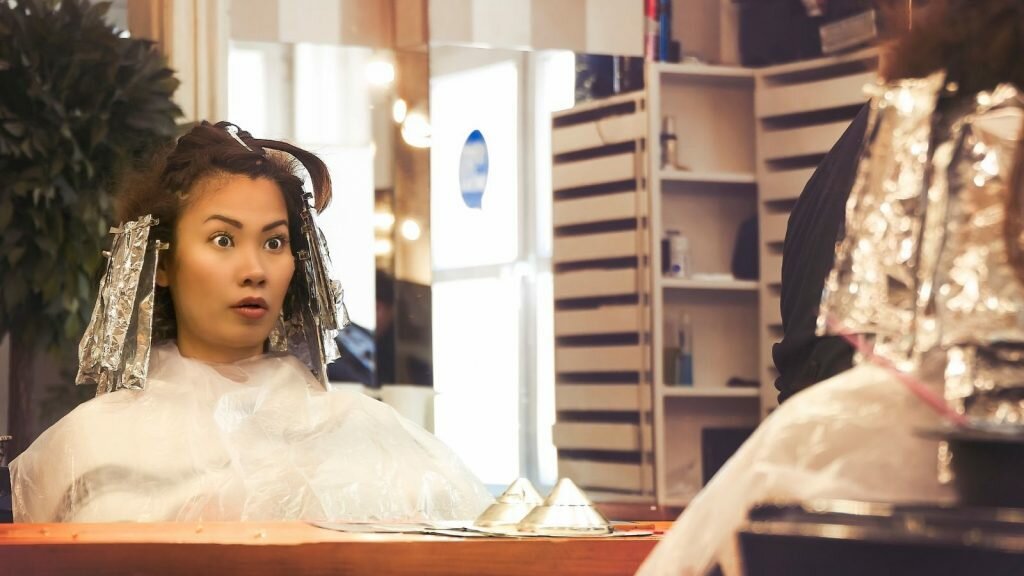
Putting regular bleach in your hair can be a dangerous choice to make. Hair can experience extensive harm, resulting in dryness and fragility, ultimately leading to breakage and irreparable split ends.
Furthermore, it can leave your scalp irritated from the chemicals in the bleach and potentially cause permanent discoloration of both the scalp and hair.
Is it better to bleach or lighten hair?
Bleach works by lifting the natural pigment in your hair, while lightening dyes remove pigment without changing its color. Bleaching has a more reliable and longer-lasting effect.
However, it can damage your hair if not done correctly and risk creating a color that you didn’t expect. Lightening, however, allows for greater control over the color as there is less risk of unexpected results.
Am I allowed to utilize hair bleach on my apparel?
Using hair bleach on clothing might seem tempting as a method to lighten fabric or remove stains. Nevertheless, it is not advisable. Hair bleach is designed specifically to work with human hair, and the chemicals may not be the right strength or pH level on fabric and can cause further damage.
Quality fabric dyes and specific bleaches made for clothing can be expensive.


